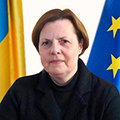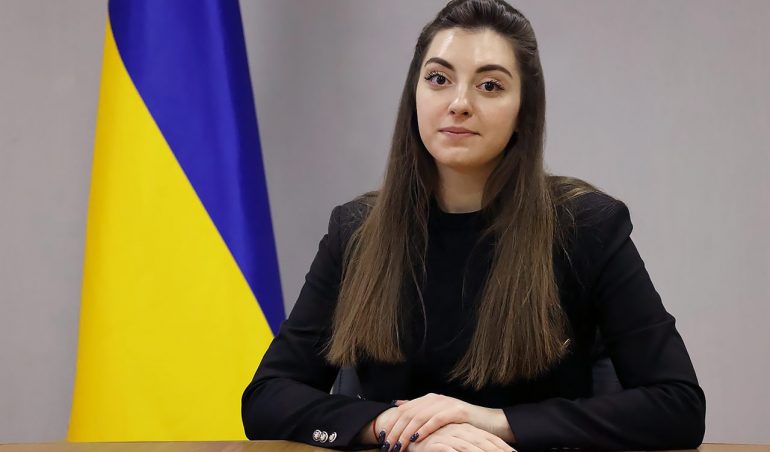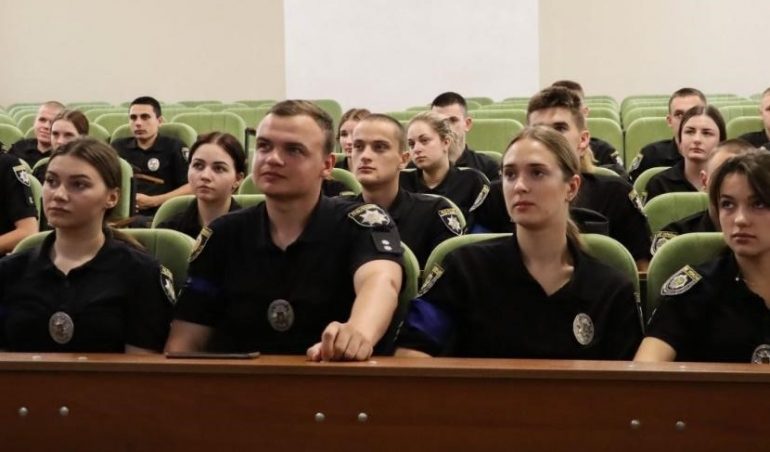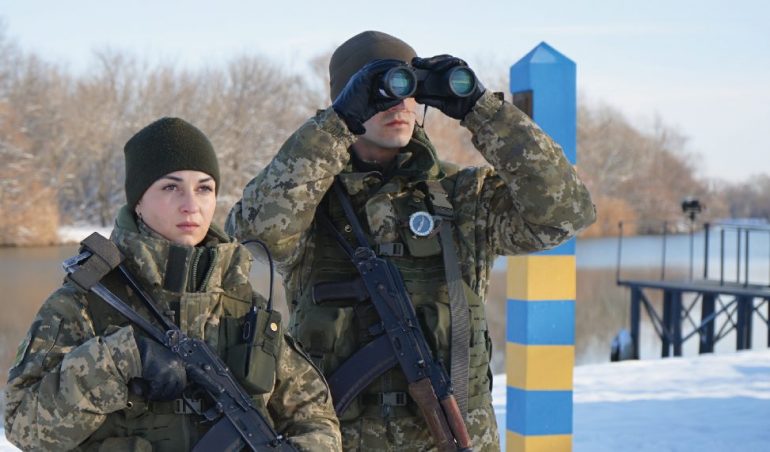Violence against women will remain widespread if Ukrainian law enforcement bodies do not make it a priority
November 29, 2017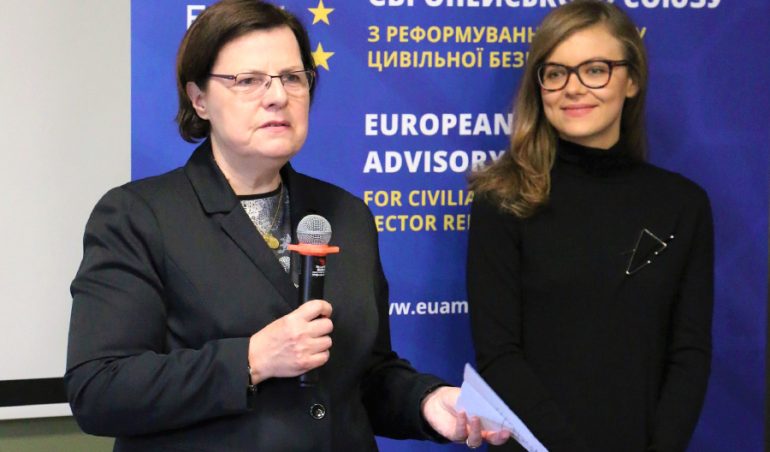
Sadly, gender-based violence is widespread in Ukraine, affecting both men and women, though mainly women. The UN estimates that a staggering 22% of Ukrainian women aged 15-49 have experienced some form of physical or sexual violence in their lifetime.
Saturday 25 November was the International Day for the Elimination of Violence against Women, so now is a good time to reflect on what can be done to address the problem. The causes for violence against women are many and complex and undoubtedly, the crisis that the country is going through exacerbates existing issues.
Two things are however clear – one is that there are still taboos around speaking openly about violence against women. The second is that officials working in law enforcement and the criminal justice system have a key role to play in achieving a solution.
On the issue of speaking up about the problem, a huge challenge is that the majority of violence against women takes place within the home. As a result, many Ukrainians consider it to be a purely private matter. In a survey conducted by the Ukrainian NGO La Strada, 39% of criminal justice practitioners believe domestic violence is a private affair and 60% believe that victims can be blamed for provoking the violence against themselves.
In 2015, only about 4.5% of cases of domestic violence were reported, as estimated by La Strada. And while domestic violence is only a small part of the bigger picture of gender-based violence, according to the UNDP, less than 30% of female victims in Ukraine actually report cases of violence (including domestic violence, sexual violence, rape, sexual harassment or other forms of violence).
Violence against women remains a social taboo not only in Ukraine: As we have seen with the recent global surge of stories under the hashtag #metoo, it is often the case that victims stay silent about the violence and the harassment they have suffered.
The Ukrainian equivalent to the #metoo movement, the #IamNotAfraidToSay, also shows that once the silence is broken, we can start doing something to improve the social environment to make it less conducive to violence against women.
An unwillingness to speak up, as well as stereotypes about gender and a widespread lack of awareness about the human rights of women, weakens the willingness of police officers, prosecutors, and judges to address sexual and domestic violence. The practice of criminal justice suffers as a consequence and survivors lose faith and trust in law enforcement and access to justice.
It is clear that because law enforcement officials are responsible for investigating abuses of human rights, and officials in the justice system are responsible for prosecutions and convictions, changing the situation in these sectors will be key to achieving a solution. At the moment however, violence against women has a tendency to be neglected in these sectors, which are after all still male-dominated in Ukraine.
The EU Advisory Mission, which is assisting Ukraine with reform of law enforcement and rule of law institutions, is advocating for the issue of violence against women to be given a higher priority. Raising awareness that women’s safety and freedom from coercion and violence is a human rights is key to solving it. And it should be stressed that men as well as women are responsible for finding solutions.
The problem must be addressed through legal reform as well as through a change in attitudes in the security sector. Awareness raising and incentives to debate the issue are essential. EUAM also works with our Ukrainian partners to try to address the lack of women in higher positions in the civilian security sector. We are advocating for staff members in the MoIA to be assigned greater responsibilities for integrating gender issues into the everyday work of the security sector. Together, we have created a Gender Focal Point Network that in the future will be responsible for encouraging and promoting gender issues throughout the whole organisation.
As part of on-going Human Rights Dialogues between the EU and Ukraine as well as Ukraine’s national Human Rights Action Plan, Ukraine has set a national target “to reduce the level of gender-based and domestic violence, and ensure efficient prevention of its manifestations and timely assistance to victims” by 2030.
If this target is to be met, experience shows that strong leadership is crucial for women’s human rights and equality to take hold and change the culture of silence that far too often leads to impunity for violence against women. Currently, the majority of leaders are men, so it is largely the men of Ukraine who hold the keys to addressing the barriers to security that women and girls face. It is time for strong men to take a strong stand against gender-based violence.
This opinion piece was originally published in Ukrainska Pravda on 29 November 2017
|
Joëlle Vachter
EUAM Deputy Head |
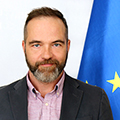 Soren Sonderstrup
EUAM Gender Adviser |


